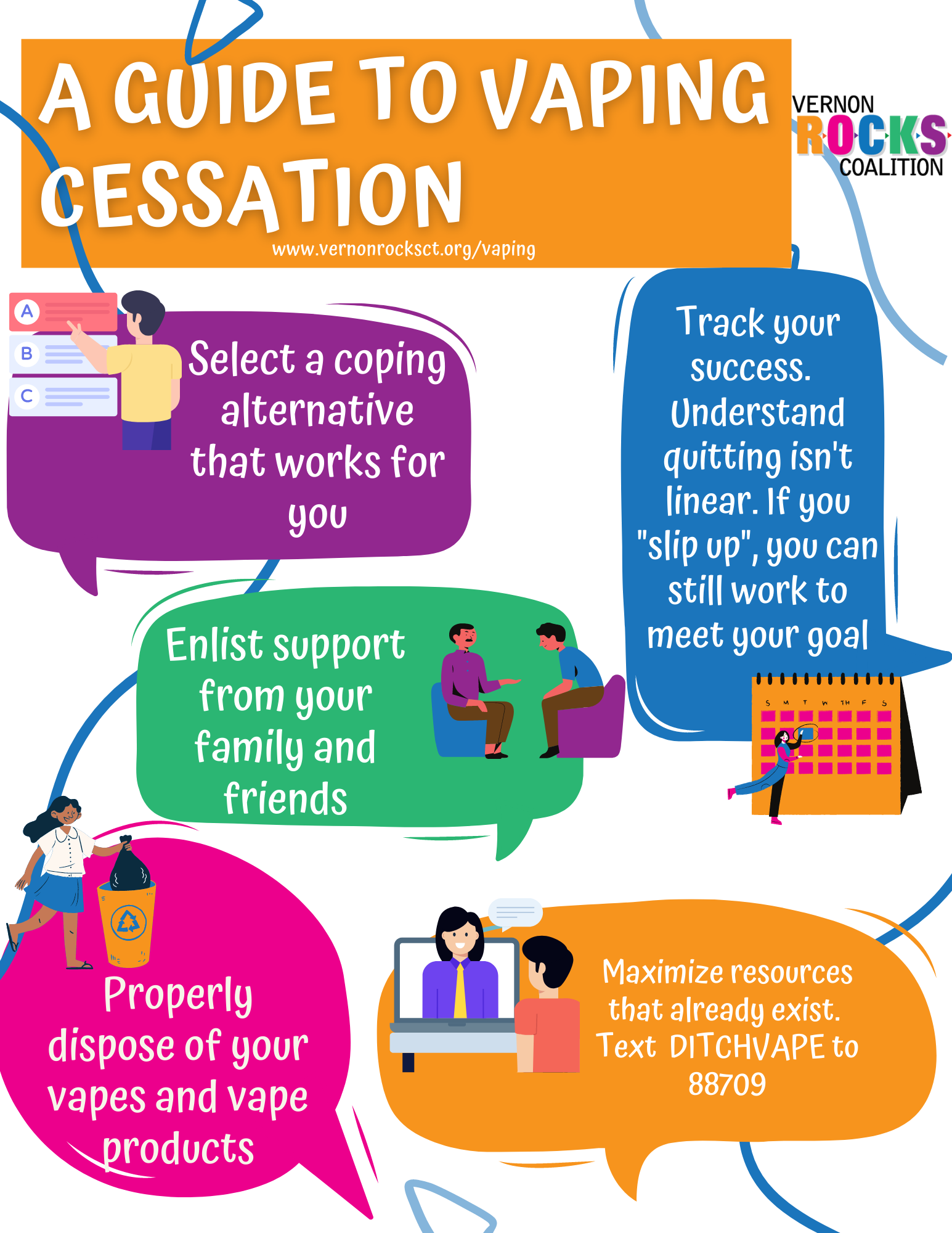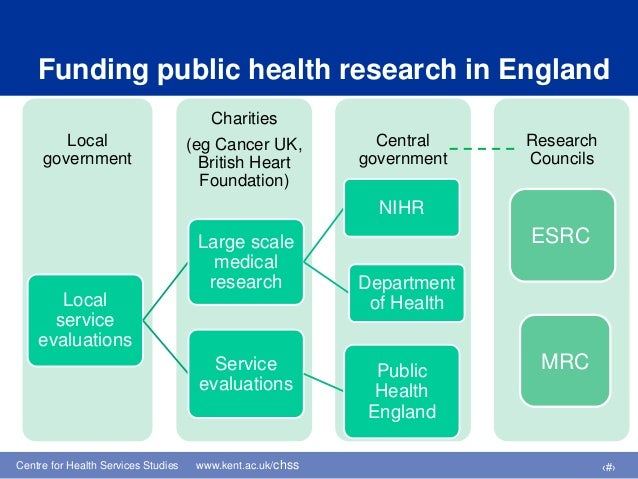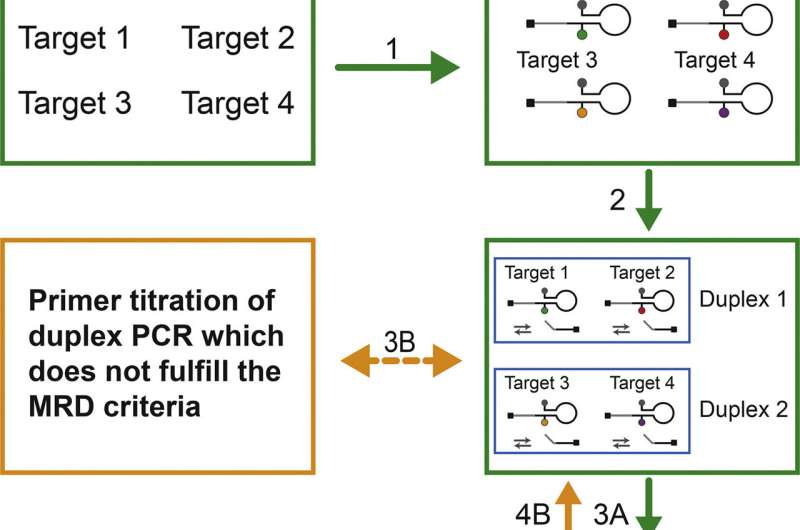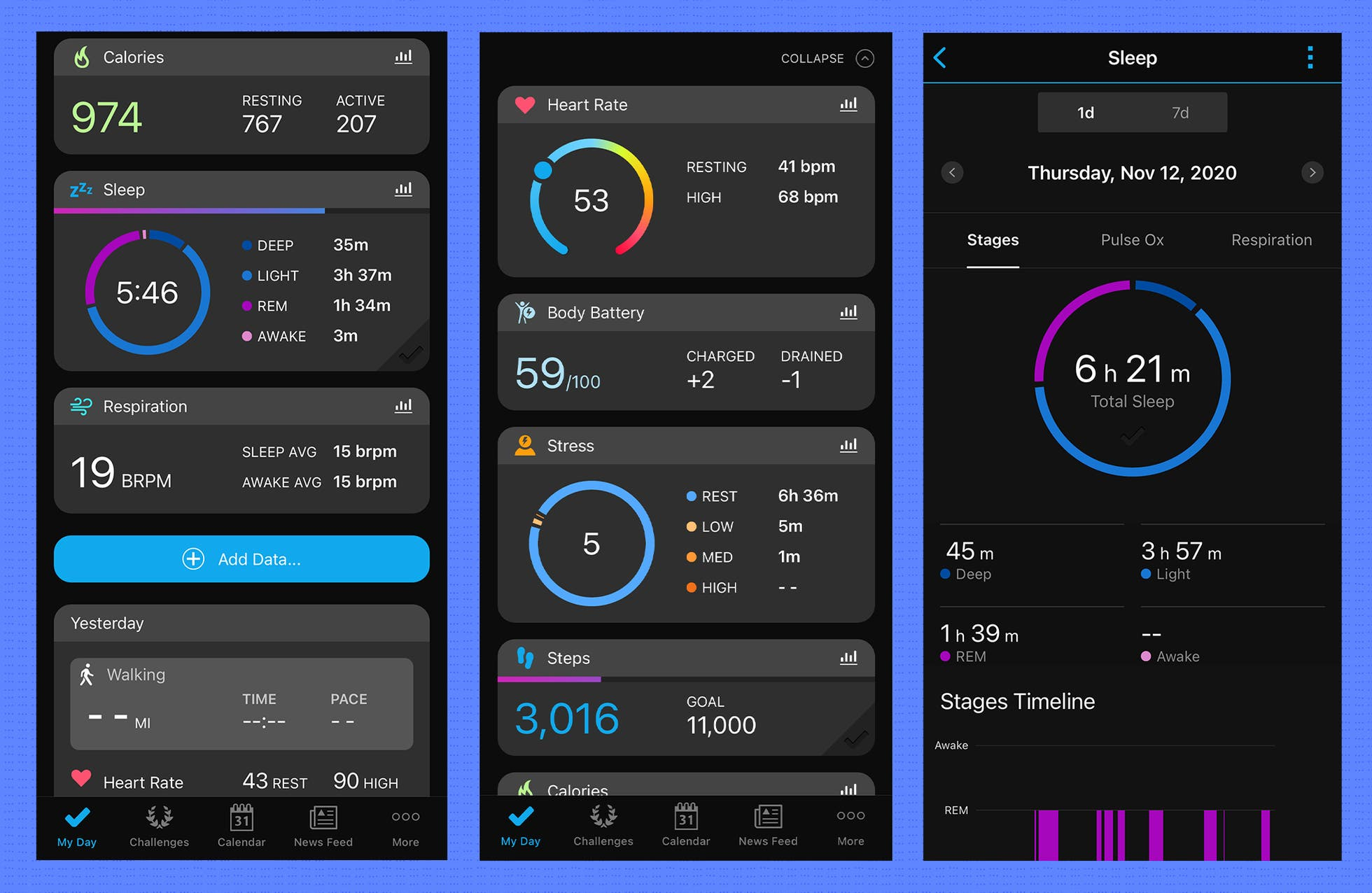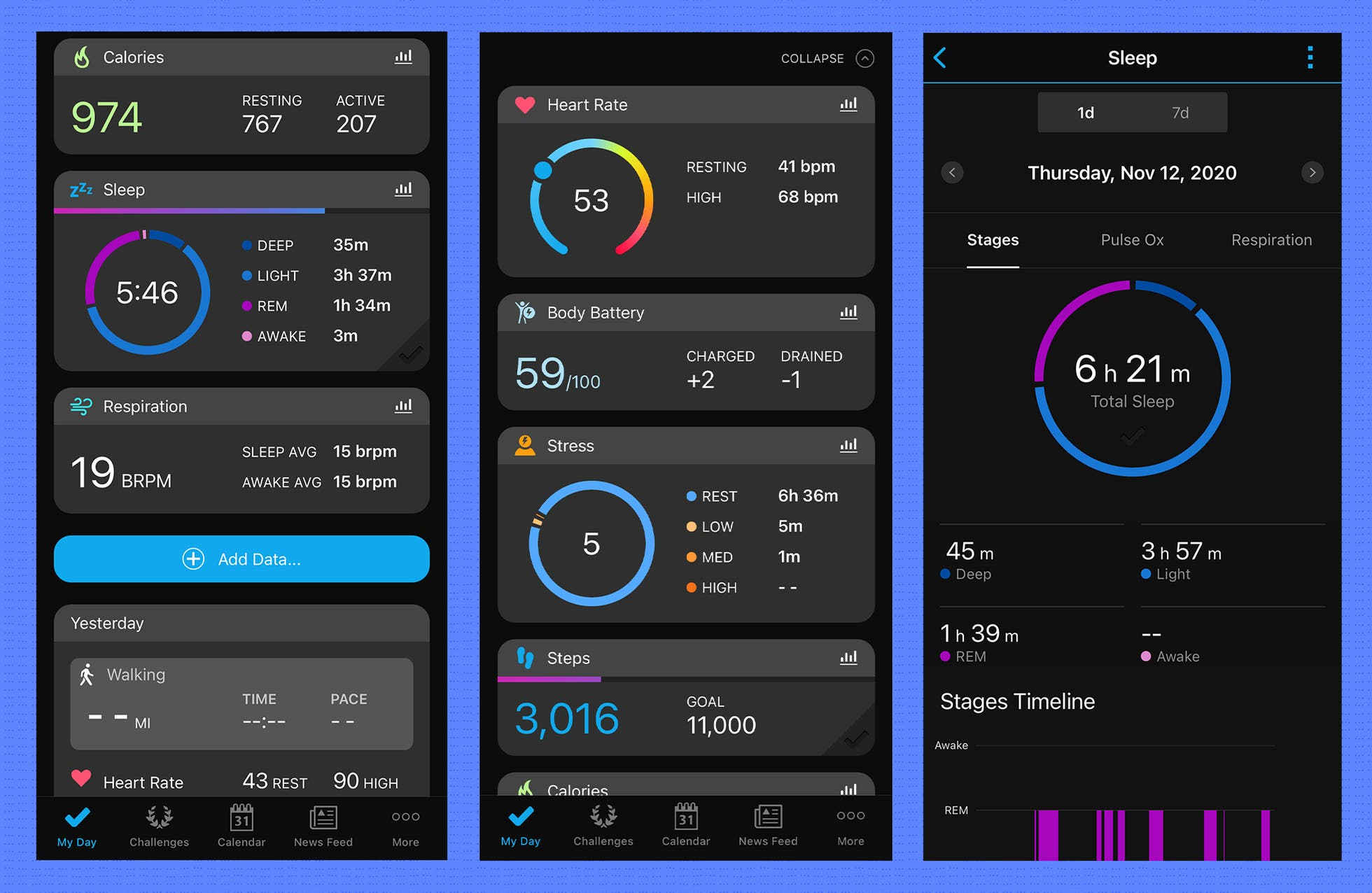The vaping cessation pill, known as varenicline, has emerged as a groundbreaking solution in the fight against nicotine addiction among young people. Recent studies reveal that this FDA-approved smoking cessation medication significantly increases the chances of quitting vaping, particularly for teens and young adults. In fact, participants aged 16 to 25 who used varenicline achieved quitting rates three times higher than those who were only given a placebo and behavioral counseling. With the alarming prevalence of vaping among adolescents, varenicline serves as a crucial tool in nicotine addiction treatment, helping to break the hold of vaping and reduce its associated health risks. As the findings from recent vaping studies illustrate, prioritizing effective cessation methods can reshape the future of youth health.
The nicotine cessation tablet, commonly referred to as the vaping eradication pill, represents a pivotal advancement in combating adolescent nicotine dependence. New research has indicated that this FDA-sanctioned medication boasts substantial efficacy for young individuals striving to quit vaping. Those enrolled in the studies demonstrated significantly improved success rates when utilizing this medication compared to traditional counseling approaches. Recognizing the rising trend of vaping among teenagers, this pharmaceutical intervention becomes vital in addressing immediate addiction challenges while helping to prevent long-term health implications. As health professionals explore innovative solutions, the vaping eradication tablet stands out as a leading contender in supporting younger generations toward a smoke-free future.
Understanding Vaping and Its Impact on Youth
Vaping has rapidly ascended to prominence among adolescents and young adults, reshaping the landscape of nicotine consumption. With its discreet design and availability, devices such as e-cigarettes have become appealing alternatives to traditional cigarettes. However, this increased popularity comes with significant risks, including the potential for nicotine addiction. Numerous studies highlight concerning statistics: around a quarter of young adults aged 18 to 25 reported using vapes, and nearly 8% of high school students were engaged in vaping activities in 2024. Understanding the implications of these patterns is crucial as nicotine affects brain development, especially in younger populations.
Alongside these alarming statistics, health experts emphasize the health risks associated with vaping. E-cigarettes may contain hazardous substances including carcinogens and heavy metals, drawing parallels to traditional smoking risks. While young users often perceive vaping as a safer alternative, the reality points to escalating health concerns, especially regarding addiction. Hence, recognizing vaping’s pervasiveness and its threat to youth health is vital for shaping effective public health policies and intervention strategies.
The Efficacy of Varenicline for Vaping Cessation
Recent findings regarding the FDA-approved vaping cessation pill, varenicline, shed light on its effectiveness for young users looking to quit. In a clinical trial involving teenagers and young adults aged 16 to 25, participants who received varenicline demonstrated success rates over three times higher than those taking placebo pills. The results illuminated a crucial pathway for teens battling nicotine addiction and revealed that integrating pharmacological treatment with support services dramatically enhanced quitting outcomes. Varenicline not only effectively reduces cravings but also supports behavioral changes necessary for overcoming addiction.
The positive impact of varenicline underscores the importance of medication as part of a comprehensive nicotine addiction treatment approach. Participants who combined varenicline treatment with behavioral counseling and text-based support reported significant progress in their quitting efforts. Specifically, 51% of varenicline users successfully stopped vaping after 12 weeks, emphasizing the potential of medication-assisted therapies. Such data supports the call for expanded access to varenicline for adolescents who wish to break free from nicotine addiction and highlights the necessity of further research to refine these approaches for younger populations.
Behavioral Counseling’s Role in Vaping Cessation
While pharmacological treatments like varenicline are vital, behavioral counseling remains an essential component of nicotine addiction recovery. The combination of medication and behavioral therapy has consistently yielded positive outcomes, as evidenced by studies demonstrating the effectiveness of holistic treatment strategies. In the recent clinical trial, participants received weekly counseling sessions designed to address the psychological aspects of addiction, which play a significant role in long-term cessation success. The interplay between medication and counseling creates a robust support system for those seeking to quit vaping.
Counseling sessions not only provide the necessary emotional support but also equip individuals with coping strategies to manage cravings and triggers. This dual-pronged approach empowers youths to understand their addiction better and foster resilience in the face of challenges during their cessation journey. As vaping prevalence continues to grow, integrating behavioral support with medical interventions will be critical in addressing the needs of adolescents striving to overcome nicotine dependence.
Innovative Support Services for Quitting Vaping
Technology has emerged as a powerful ally in the battle against nicotine addiction, particularly for younger demographics engaged in vaping. Support services like “This is Quitting” leverage text messaging to deliver timely advice, encouragement, and resources to those seeking to quit. Such platforms are tailored to meet the unique needs of adolescents and are pivotal in reinforcing the efforts of formal treatment options. The integration of digital support alongside varenicline treatment exemplifies how innovative solutions can enhance traditional quitting methods.
Participants in recent studies indicated that access to text support services significantly boosted their chances of quitting. The immediacy of receiving motivation and guidance through text allows for real-time support, making the quitting process less daunting. As research into smoking cessation and vaping continues to evolve, digital interventions will likely play an increasingly central role in helping youth navigate the challenges of quitting and sustaining a nicotine-free lifestyle.
The Need for Continued Research on Vaping Cessation
Despite the promising results from studies involving varenicline and young adults, there remains a pressing need for continued research into vaping cessation methods. As the landscape of vaping changes rapidly, understanding the long-term impact of nicotine exposure and the effectiveness of various cessation strategies is crucial. Future studies should explore the impact of alternative therapeutic approaches and the potential for additional medications that can support young vaping quitters.
Moreover, expanding research to younger demographics who are beginning to experiment with vaping will provide broader insights into the initiation and cessation of nicotine use. Understanding these trends can inform public health strategies aimed at prevention and intervention, helping to design effective measures to curb youth vaping rates before they escalate further. By keeping research at the forefront, we can ensure that appropriate, evidence-based treatment options are available to those most vulnerable to nicotine addiction.
Public Health Implications of Vaping Among Youth
The rise in vaping among adolescents and young adults raises alarm bells within public health communities. With pervasive access to vaping products, experts fear a new generation may become addicted to nicotine, with cascading effects on their health and wellbeing. Public health initiatives must prioritize educating both teens and their parents about the dangers of vaping and the resources available for cessation. By creating awareness, we can combat the misconceptions surrounding vaping and promote healthier lifestyle choices.
Moreover, policymakers play a crucial role in regulating the accessibility of vaping products to youth, reinforcing guidelines that prevent underage sales. As more evidence emerges from studies like those involving varenicline, there is a valid rationale for ensuring that effective cessation options are accessible to young people. By promoting a comprehensive, community-wide approach, we can address the complex issue of youth vaping and work towards a healthier future for our young generations.
Understanding Nicotine Addiction and Its Treatment
Nicotine addiction is a multifaceted health issue that affects millions of individuals worldwide. The journey to understanding this addiction involves recognizing the biological, psychological, and environmental factors that contribute to its development, especially among young people. For youth, the early introduction to nicotine through vaping can lead to long-term dependence, making the path to quitting more challenging. Comprehensive treatment strategies, including medication and behavioral support, offer vital resources to help adolescents break free from nicotine addiction.
Recognizing the complex nature of nicotine addiction is essential for developing effective treatment strategies. Varenicline, with its dual action of decreasing cravings and withdrawal symptoms, represents an essential tool in combating this challenge for young vapers. By combining pharmacotherapy with comprehensive counseling, we can create a synergistic approach to support youths as they navigate the difficult terrain of quitting nicotine. This framework not only provides immediate support but also fosters long-term recovery and healthier futures.
The Role of Education in Preventing Vaping
Education is a powerful instrument in preventing the onset of nicotine addiction among youth. By engaging teens and young adults with comprehensive information on the dangers of vaping, we can promote informed choices that discourage experimentation with these products. School-based interventions and community partnerships can foster an environment conducive to awareness, facilitating discussions that resonate with the youth demographic while addressing their unique needs and concerns.
Moreover, educational initiatives can also equip young people with the tools and knowledge necessary to seek help if they find themselves struggling with addiction. Highlighting the availability of cessation resources, such as varenicline, reinforces the message that quitting is achievable and supported. Ultimately, empowering youths with accurate information and effective cessation resources can serve as preventative measures against nicotine dependency and its myriad associated risks.
Exploring The Future of Vaping Cessation Strategies
As the vaping landscape continues to evolve, there is a pressing need to explore innovative cessation strategies that resonate with the youth demographic. Future research must focus on tailoring interventions that combine modern technology, educational resources, and evidence-based medical treatments. As studies like those conducted by Mass General Brigham reveal the efficacy of varenicline, integrating findings into practical applications will be critical for shaping future policies and interventions.”},{
Frequently Asked Questions
What is the vaping cessation pill and how does it work?
The vaping cessation pill, primarily varenicline, is an FDA-approved treatment designed to help individuals quit nicotine vaping. It works by activating nicotinic receptors in the brain, reducing withdrawal symptoms and cravings associated with nicotine addiction. Clinical studies show that it significantly increases the chances of quitting compared to behavioral counseling alone.
Can teens use the vaping cessation pill?
Yes, varenicline can be prescribed to teens aged 16 to 25 who are looking to quit vaping. Recent research indicates that this FDA-approved smoking cessation medication is effective in helping young adults overcome nicotine addiction and achieve better quitting success.
What are the vaping study results regarding varenicline’s effectiveness?
Recent studies indicate that participants aged 16 to 25 who took varenicline had three times the success rate in quitting vaping compared to those who received placebo pills. Specifically, 51% of varenicline users were able to stop vaping after 12 weeks of treatment, showcasing the pill’s effectiveness in battling nicotine addiction.
How does varenicline compare to other nicotine addiction treatments for vaping cessation?
Varenicline has shown superior results compared to placebo and other behavioral therapies for quitting vaping. The clinical trial demonstrated that those using varenicline successfully quit vaping more effectively than participants relying solely on behavioral counseling, highlighting its role as a crucial component in nicotine addiction treatment.
Is the vaping cessation pill safe for young adults?
Clinical studies have confirmed that varenicline is not only effective but also safe for young adults aged 16 to 25 seeking to quit vaping. Participants reported no significant adverse effects, and importantly, none switched to cigarette smoking during the treatment period.
What role does behavioral counseling play in conjunction with the vaping cessation pill?
Behavioral counseling serves as a supportive measure alongside varenicline in the vaping cessation process. While the medication addresses the biochemical aspect of nicotine addiction, counseling provides essential strategies and emotional support, enhancing overall treatment effectiveness.
Are there any side effects associated with the vaping cessation pill?
As with any medication, varenicline may have side effects, including nausea, insomnia, and vivid dreams. However, most users tolerate it well, and the benefits of significantly increasing quitting success often outweigh potential side effects. Always consult a healthcare provider for a full assessment.
What should I expect during treatment with the vaping cessation pill?
During treatment with the vaping cessation pill, you can expect to take varenicline twice daily while participating in behavioral counseling. Monitoring and support will be provided, allowing you to track your progress toward quitting vaping effectively.
| Key Points |
|---|
| Varenicline is an FDA-approved pill for smoking cessation that has proven effective in helping teens and young adults quit vaping. |
| In a clinical trial, teens and young adults using varenicline had over three times the success rate of quitting compared to those on placebos. |
| The trial involved 261 participants aged 16 to 25, split into three groups: varenicline + counseling, placebo + counseling, and counseling alone. |
| At 12 weeks, 51% of the varenicline group had quit vaping, in stark contrast to 14% of the placebo group and 6% in the text-only group. |
| At 24 weeks, the success rate for varenicline users remained significantly higher at 28%, compared to 7% for placebo and 4% for text-only users. |
| The study emphasizes the combination of medication and counseling as critical in helping adolescents quit vaping, confirming varenicline’s safety and effectiveness. |
Summary
The vaping cessation pill, varenicline, has been shown to be a highly effective solution for young people struggling to quit vaping. With clinical trials demonstrating that teens and young adults prescribed this medication were three times more successful in quitting compared to those receiving placebo treatments, it highlights the urgent need for effective smoking cessation options in this demographic. As vaping continues to pose significant health risks, access to safe and effective medications like varenicline is essential for combating nicotine addiction among youth.
